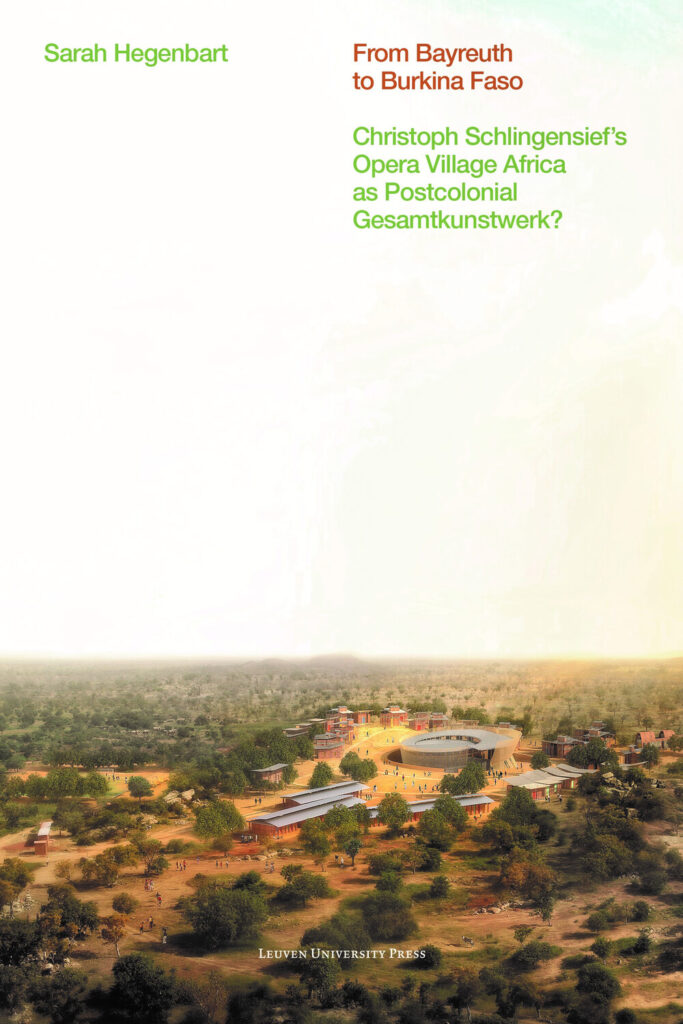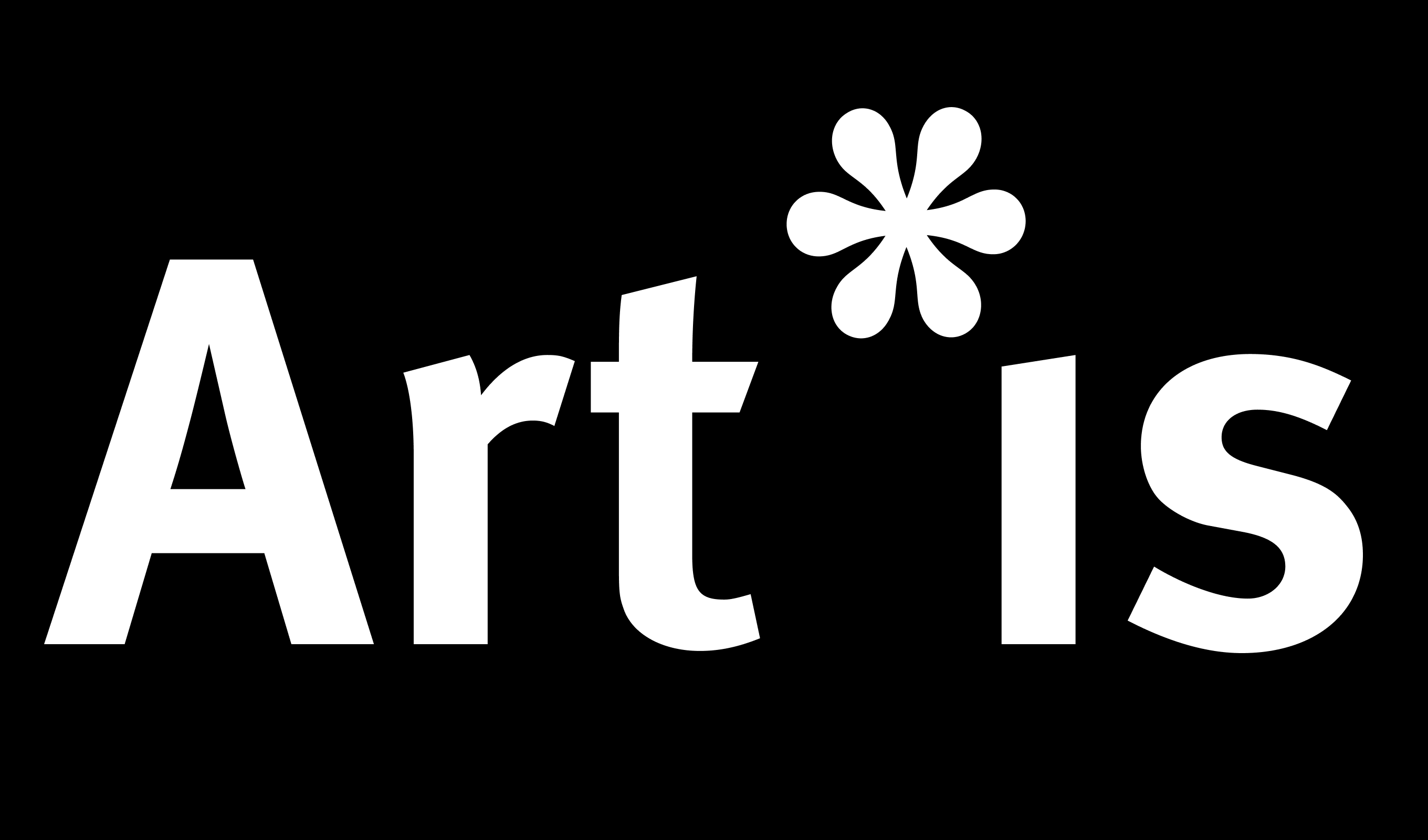written by Corinna Kühnapfel
Sarah Hegenbart’s new book “From Bayreuth to Burkina Faso: Christoph Schlingensief’s Opera Village Africa as postcolonial Gesamtkunstwerk?” in which she shows how art can be transformative on the basis of Opera Village Africa, has just been published.

The postcolonial Gesamtkunstwerk: Disrupting the Eurocentric perspective on art history and addressing Germany’s colonial history
Opera Village Africa, a participatory art experiment by the late German multimedia artist Christoph Schlingensief, serves as a testing ground for a critical interrogation of Richard Wagner’s notion of the Gesamtkunstwerk. Sarah Hegenbart traces the path from Wagner’s introduction of the Gesamtkunstwerk in Bayreuth to Schlingensief’s attempt to charge the idea of the total artwork with new meaning by transposing it to the West African country Burkina Faso. Schlingensief developed Opera Village in collaboration with the world-renowned architect Francis Kéré. This final project of Schlingensief is inspired by and illuminates the diverse themes that informed his artistic practice, including coming to terms with the German past, anti-Semitism, critical race theory, and questions of postcolonial (self-)criticism.
From Bayreuth to Burkina Faso introduces the notion of the postcolonial Gesamtkunstwerk to disrupt the Eurocentric perspective on art history, exploring how the socio-political force of a postcolonial Gesamtkunstwerk could affect processes of transcultural identity construction. It reveals how Schlingensief translocated the Wagnerian concept to Burkina Faso to address German colonial history and engage with it from the perspective of multidirectional memory cultures.
For further information, read this interview with the author.
